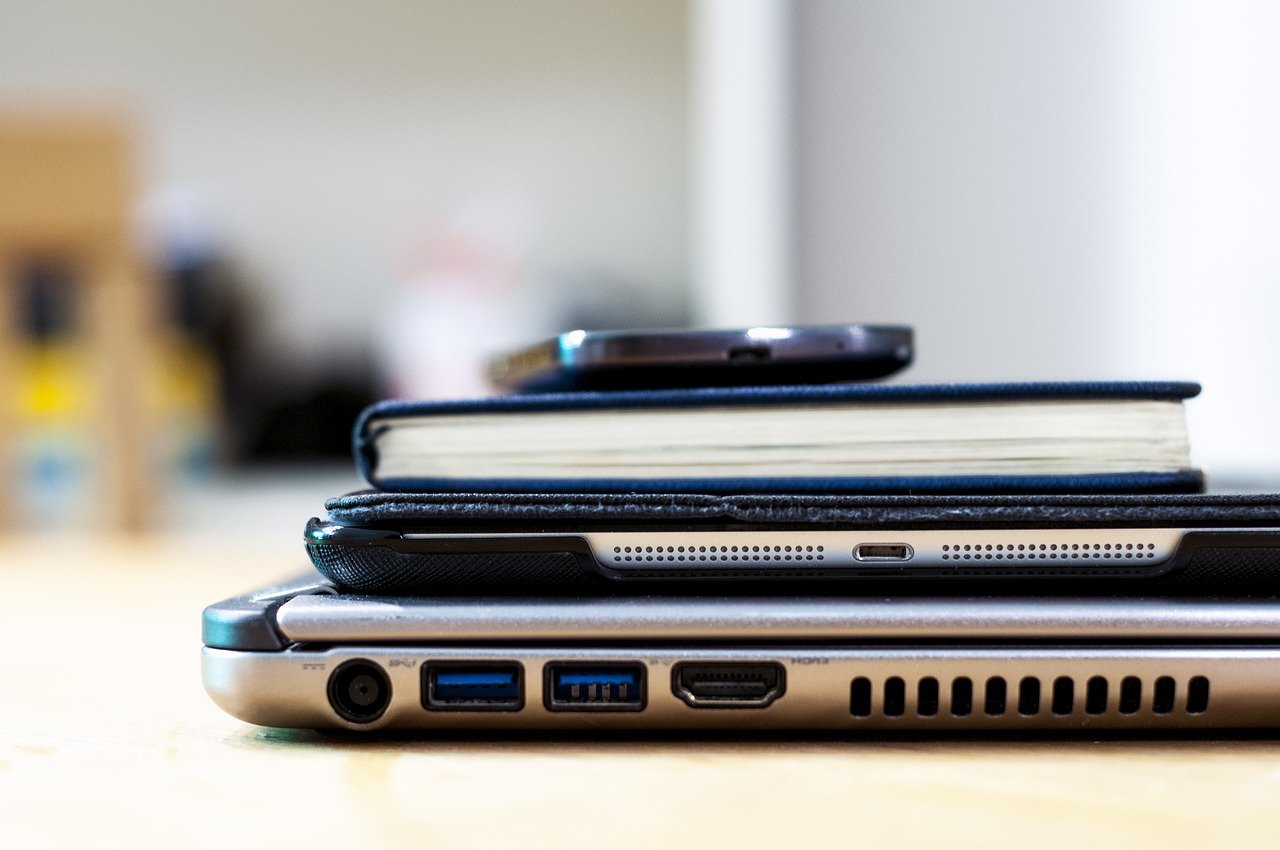
June 19, 2020
Mindfulness on the go

We depend on our mobile phones, email and the internet for so many of our daily activities that it can be difficult to function without them. Indeed, we may find ourselves panicking when our devices are not at hand. There is no denying the benefit and convenience of modern technology, which makes so many aspects of our lives easier, but overuse of digital media can also have negative consequences for our emotional and mental wellbeing. Problematic smartphone use has been linked to depression, anxiety and stress. The addictive nature of many devices can also interfere with day to day living, including family relationships, social interaction and our productivity at work or home.
You might like to consider the following. How often do you pick up your phone? How much time you spend on social media platforms each day? How much time do you spend online shopping or playing games? Do you feel lost or bored if leave your phone at home?
For most of us going digital free is not possible. But there are ways to reduce our screen time, particularly when we’re not at work. The following tips are designed to promote more mindful use of digital devices:
Set a time limit
Rather than checking social media platforms throughout the day set aside a defined period of time. Try to make it the same time each day so it becomes a habit that’s easy to implement and maintain. Set limits for your time on social media or web surfing and reduce it gradually day by day. Think about how much time you want to be online and set a goal, ideally around 30 minutes a day. To further decrease your use, make every minute count. Make sure you complete your necessary tasks first, such as paying bills, ordering groceries or other household items, and responding to personal messages or emails.
Declutter your device
A helpful step towards a digital detox is to declutter your device or desktop. Delete any apps you don’t use, old messages and create a simple filing system for emails so the only emails in your inbox are those that need your attention.
Every day most of us are bombarded with constant alerts and notifications from our mobile phones. These include messages, missed calls, voicemails, emails, news alerts, social media notifications and shopping apps. These can create distraction as well as a pressure to continually check your device. Look at the notifications you currently have and delete as many as you can. Alternatively, you may like to limit when you can receive alerts., especially at night or close to bedtime. Turning off notifications is also a good way to reduce the visual clutter on your screen so when you need to use your phone or tablet you can immediately focus on what you need to do.
Role-model good habits
Parents often complain that their children or teenagers are addicted to their phones or tablets. This is because these devices are addictive!! If you are a parent, or you regularly spend time with children, it is important to consider your own use of technology and model good habits. You could consider implementing rules that apply to the whole household, including yourself. Start small and gradually build up to longer periods offline. Less digital distraction can create opportunities to become more connected. Sharing activities such as playing games together, going for a walk or having an uninterrupted conversation gives you more time to develop family relationships and encourage your children’s social skills
Stay Connected
Social media is designed to connect people, but it cannot replace personal interactions. While it is time efficient and convenient it does not have the same quality that a phone call or meet up has. So instead of texting or messaging your friend, think about talking to them directly. Or even better arrange a regular time to meet up in person. Even if it is only once a month or a few times a year, put it in your diary and catch up properly and remain even more connected with each other’s lives.
Everywhere we look we see people glued to their phones and so often our time with friends or loved ones is interrupted by incoming calls or messages. The next time you go out for dinner or meet up with a friend try putting your phone on “do not disturb” or flight mode for the duration of your time together and notice the difference this makes to the quality of your conversations and interactions. This is also a good rule when eating meals at home, enabling increased connection with family members or housemates, as well as a more mindful experience of the food on the table.
Switch off early
Set yourself a curfew for turning off devices each evening, ideally at least two to three hours before going to bed. The blue light emitted from smart-phones, tablets, computer screens, e-readers and LED television screens can interfere with our melatonin production, which can impact sleep. Melatonin is a hormone that prepares our body for sleep and regulates our circadian rhythms, but even small amounts of blue light at night can impact the body’s ability to produce melatonin and diminish the quality of our sleep.
Ideally you would sleep without any devices in the bedroom, however if you must use your phone as an alarm clock ensure it is in night mode (as this reduces blue light) and also flight mode, so you will not be disturbed by any digital activity during the night.